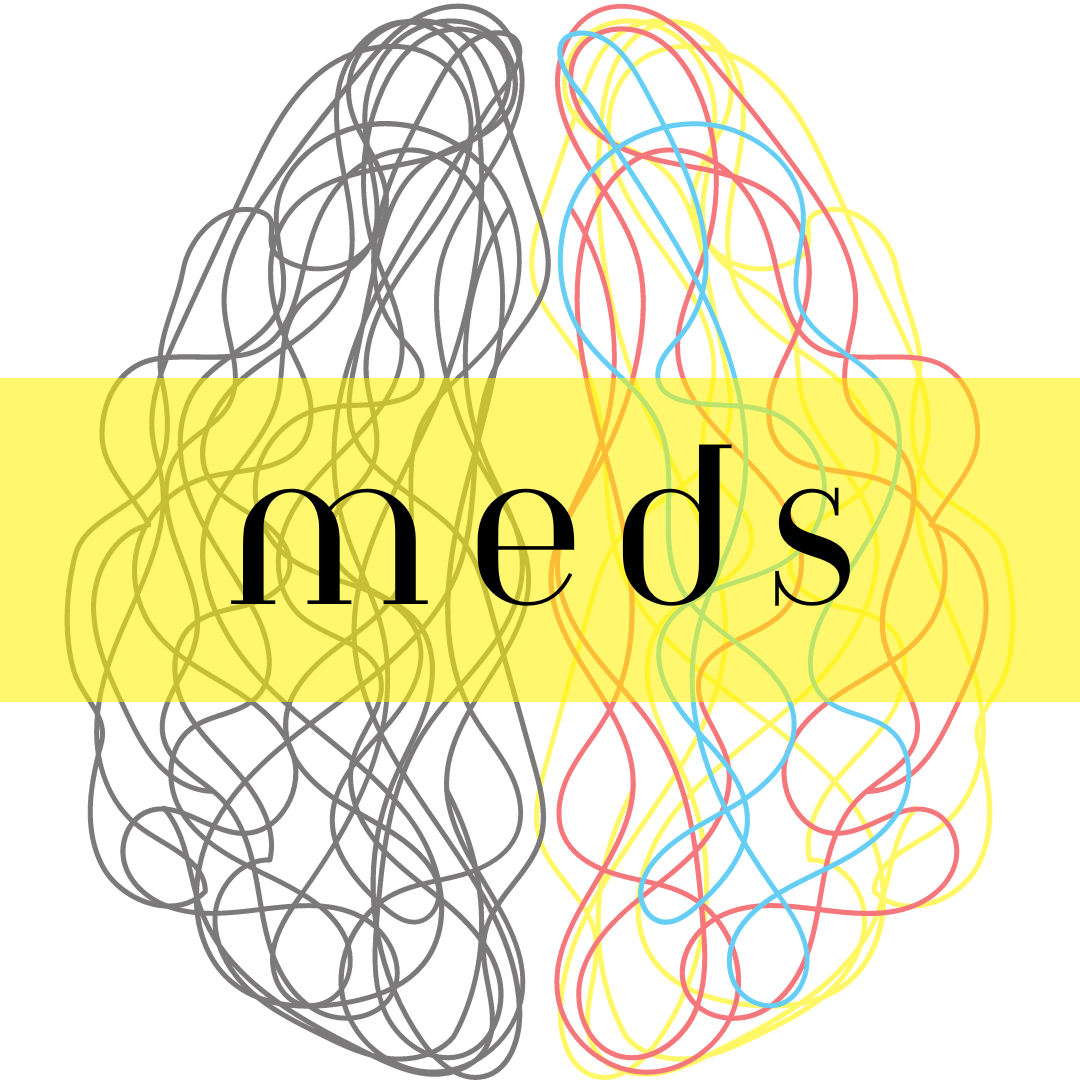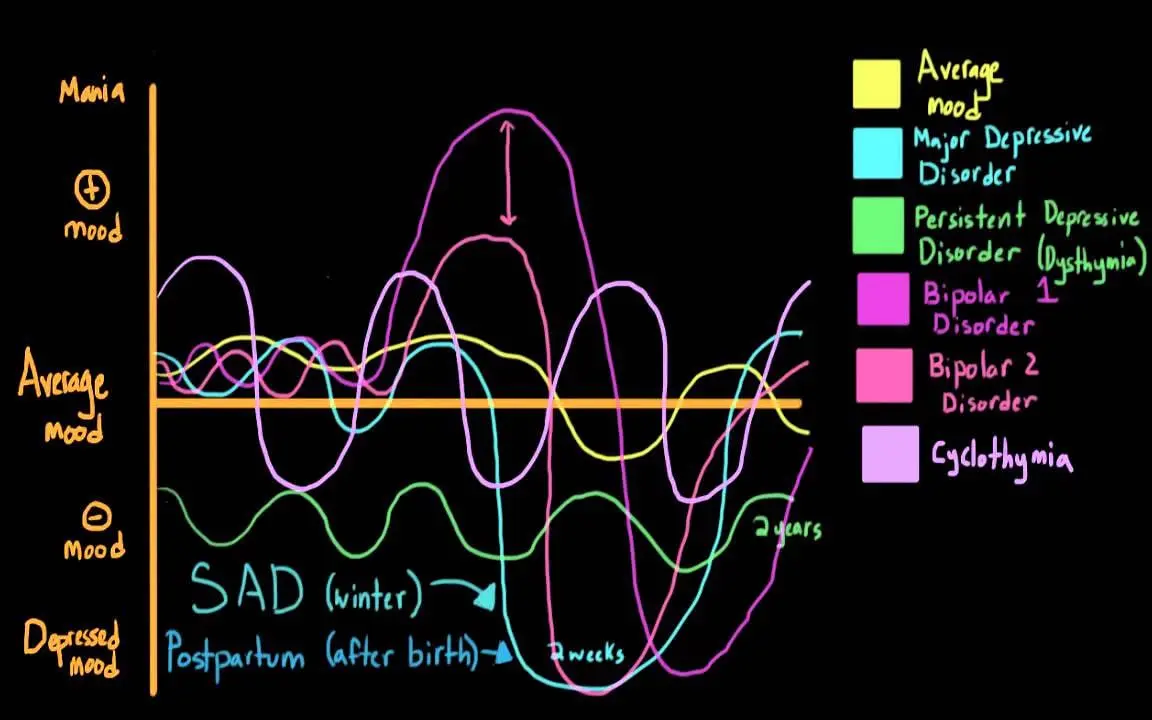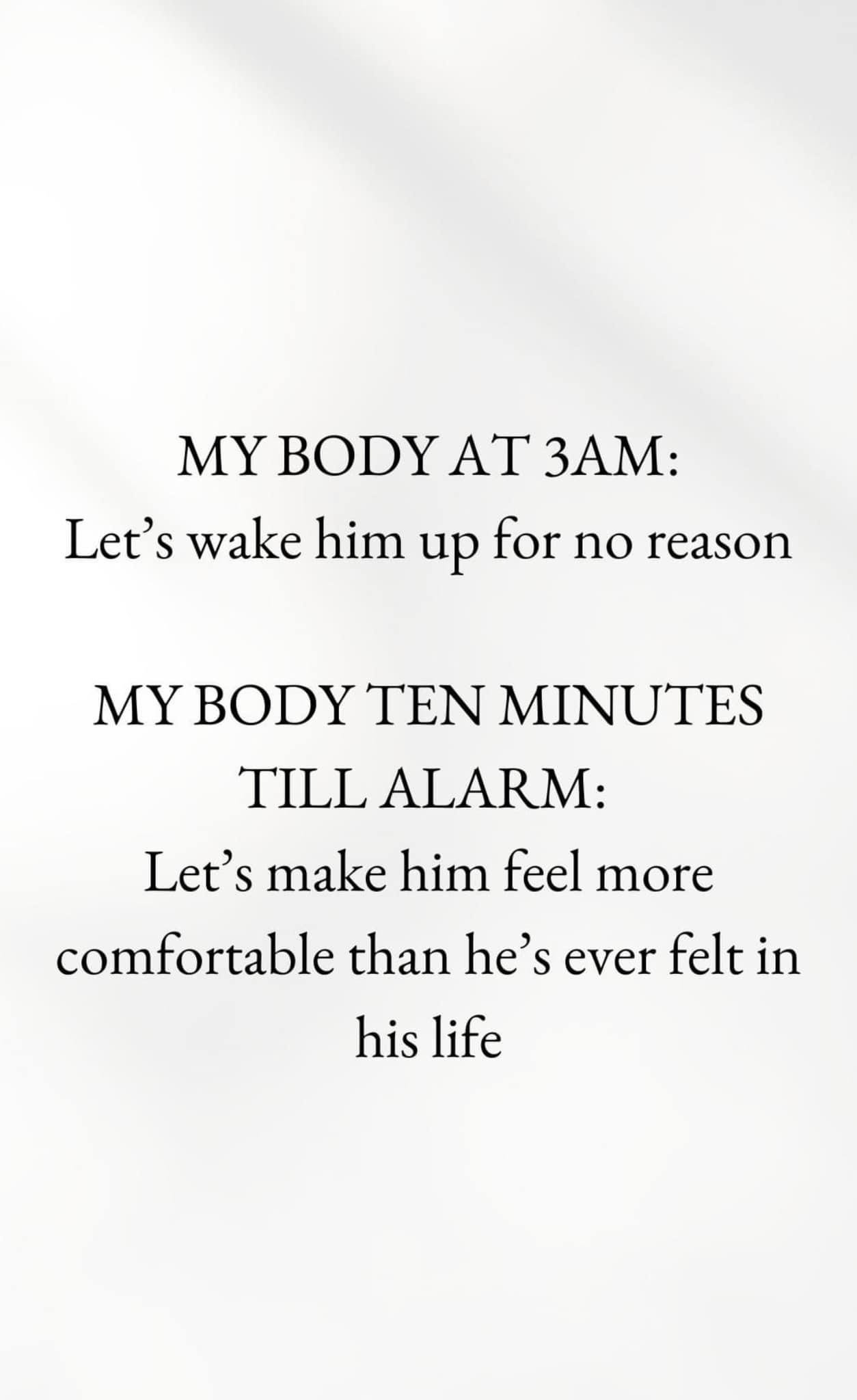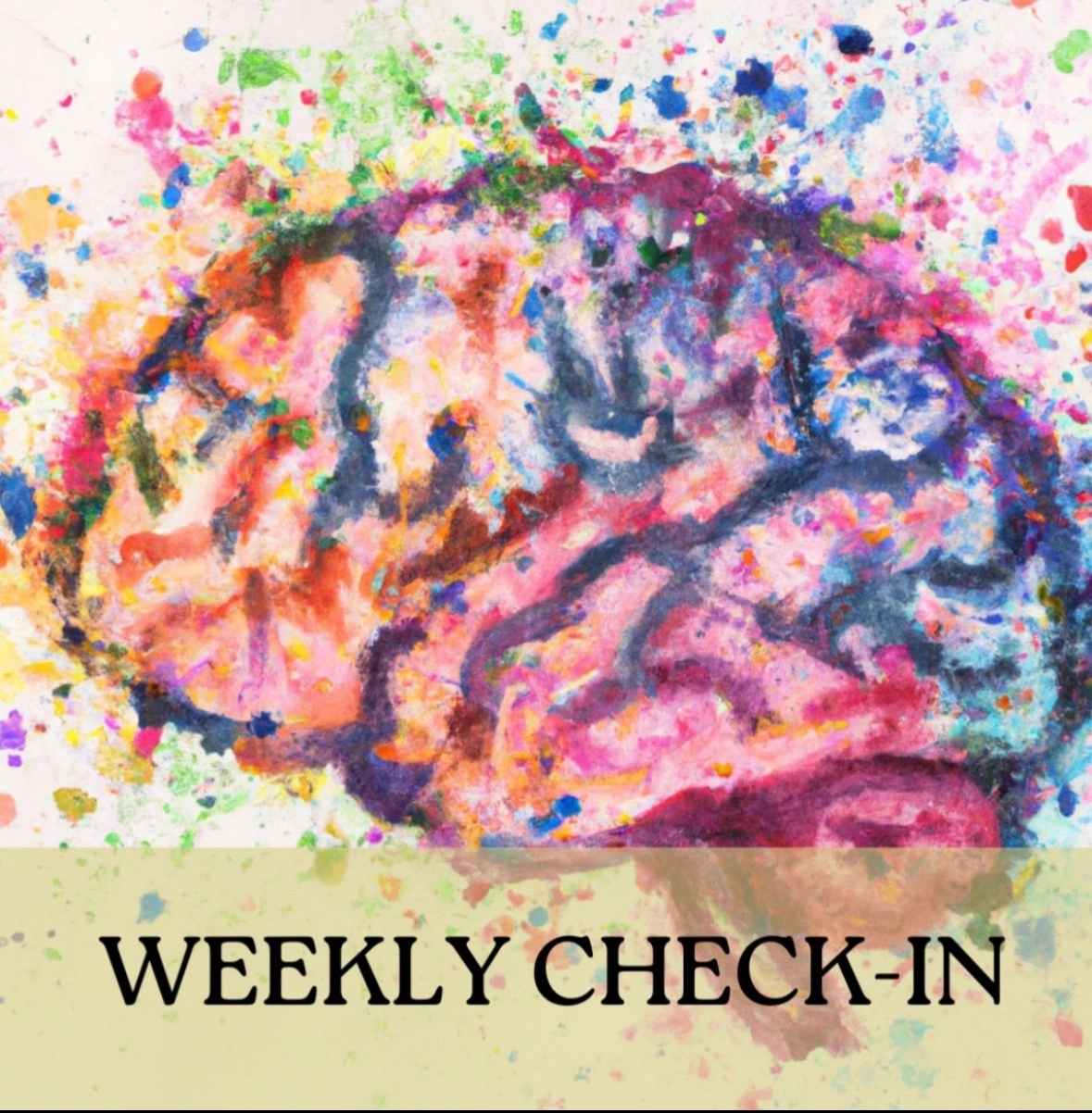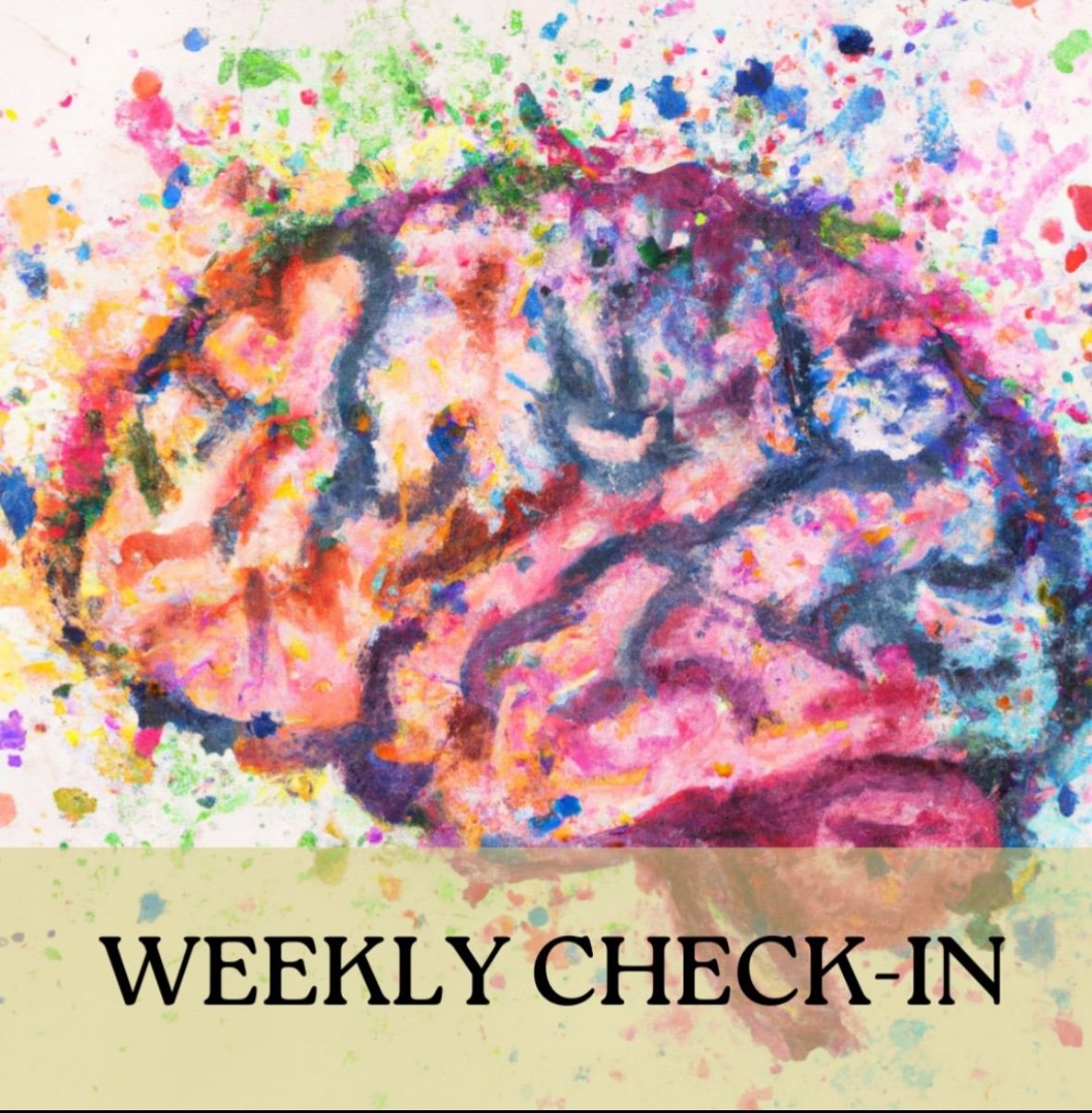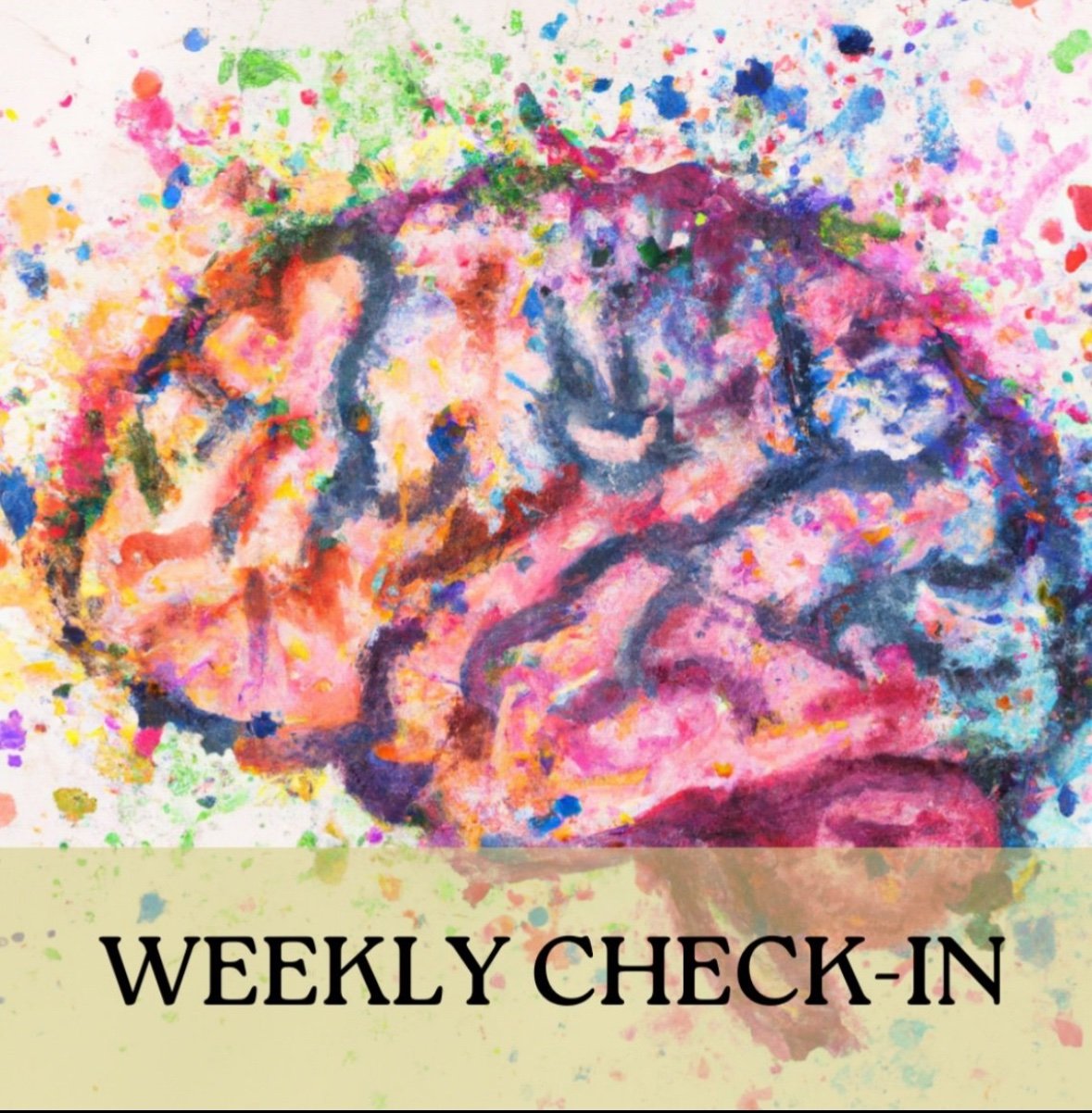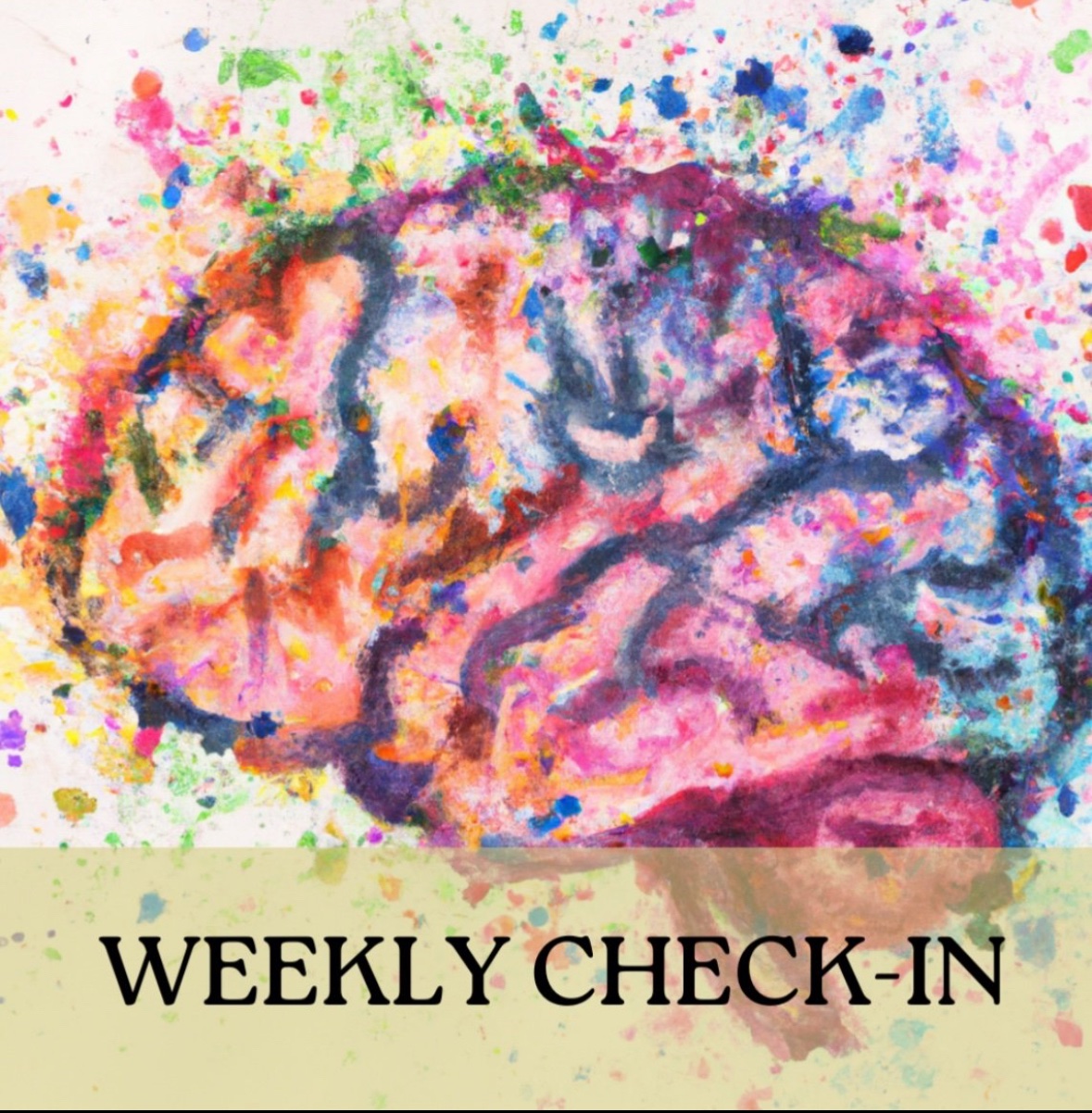Information in this guide is NOT medical advice; it’s provided for educational purposes only. Please consult with a doctor and/or a mental health professional before implementing anything you read here.
This guide is meant to be communal – please message me if you think something should be added or removed. Thank you for making this community great!
General Info
Now that you have your diagnosis, try your best to learn as much as you can about bipolar. This free online book by the International Bipolar Foundation is a great start. Another fantastic resource is The Bipolar Disorder Survival Guide by David Miklowitz
Bipolar is a psychiatric disorder in which people experience extreme swings in mood, energy, and activity levels. The “highs” are referred to as mania or hypomania, and the “lows,” depression. It is a lifelong diagnosis, and there is no cure.
Symptoms described below are from the American diagnostic criteria (DSM-5). To discourage self-diagnosis, we are not mentioning the specifics, just a general outline of symptoms.
Mania
Mania is a temporary state where the person has an extremely elevated (grandiose) or irritable mood and drastically increased levels of energy and activity. Other symptoms include:
- Distractibility
- Insomnia
- Flight of ideas (a lot of different ideas going through the - mind at a lightning speed)
- Starting a lot of activities and projects
- Talking a lot and very fast (Pressured speech)
- Impulsivity
All of these symptoms are so severe that they cause a significantly negative impact on the person’s life. It is also possible to have psychotic symptoms during mania.
If you or your loved ones experience mania, here is a free mania contract you can fill out together.
Hypomania
Hypomania symptoms are the same as for mania – the difference is in severity. A person in hypomania may actually be quite productive and successful in accomplishing tasks and projects, unlike a manic person, who may be too energetic and scattered to follow through.
Please note that if you have psychotic symptoms (described below) or if you are hospitalized during hypomania, it automatically gets upgraded to mania.
Depression
A person must have depressed mood and/or a loss of interest in almost all activities to have depression.
Other symptoms include:
- Significant weight loss or gain without dieting or significant decreases or increases in appetite.
- Sleeping too much or too little nearly every day.
- Moving too much or too little nearly every day in a way that’s noticeable to other people.
- Feeling fatigued and devoid of energy nearly every day.
- Feeling worthless or inappropriately guilty nearly every day.
- Having brain fog and indecisiveness.
- And, finally, having thoughts of suicide.
It’s possible to have psychosis during depression in bipolar type 2.
Psychosis
Psychosis includes symptoms like delusions and hallucinations. It can also include disorganized speech and behavior, like talking loudly to yourself in public. Delusions of grandeur or paranoia are common with bipolar.
Psychotic episodes can be devastating to one’s life because you lose touch with reality. It’s easy to lose jobs, friends, housing, etc. when psychosis occurs frequently.
Types of Bipolar
Type 1
All you need to be diagnosed with type 1 is one episode of mania. While depression is not necessary for type 1, it is still common for people with this type to have depressive episodes.
Type 2
For type 2, you need to have periods of hypomania – but never mania – and depression. Type 2 is characterized by longer and more chronic periods of depression than type 1.
Cyclothymia
Cyclothymia involves periods of mild hypomania and depression that last at least 2 years and happen at least half of the time with a break of no more than two months between episodes.
Grief
It’s important to grieve after receiving your diagnosis. You are grieving the loss of the healthy self, and it’s perfectly normal. You can expect crying spells and feelings of sadness and resentment different from depression. You may also feel guilt because you see your diagnosis as “letting others down.”
Remember that your life will be different now that you have your diagnosis. And you can still make it amazing. Both are true.
Professional Help
Ideally, you want your medical team to contain these three people: a psychiatrist (or psychiatric nurse, which is usually cheaper), a general practitioner, and a psychotherapist.
A psychiatrist is a medical doctor who specializes in psychiatric conditions. Compared to general practitioners, psychiatrists have vastly more knowledge and experience in the field of psychiatry. They can provide the best care and should be consulted on diagnosis and prescriptions.
A general practitioner is your regular doctor, and you should get routine checkups including checking your thyroid levels (low levels can be tied to depression). If you cannot afford or find a psychiatrist, your doctor will be the one diagnosing you and prescribing medication.
A psychotherapist is someone who provides therapy. Therapy for bipolar can look very different depending on the provider. It can be direct and goal-oriented (like coaching) or it can be more about listening and expressing empathy. A fully licensed therapist should be able to provide a diagnosis but cannot prescribe medication. Check out this post if you are looking for therapy.
Safety
If you ever get suicidal, you may want to complete a safety plan and confide in a close friend if you have not already. Suicide may seem like the right solution in the depths of despair, but it only creates more pain and suffering. Please stay.
Check out a free safety plan here.
Tracking
It’s important to start tracking your mood. You can start seeing trends, which will help with identifying your triggers and warning signs. You want to start catching episodes before they become full-blown, so you can get ready and implement some coping strategies.
There are many apps out there, like Daylio, Bearable, Emoods, Moodfit, etc. Play around to see what fits you best. You can also track with pen and paper. Get creative – draw emojis on a calendar or get colorful with your bullet journal. Check out this printable tracker from the DBSA.
Triggers
You should be aware of things, people, and situations that can trigger episodes for you. You may know some of these off the top of you head, and you will identify the rest with time.
Some common triggers include stress from both negative and positive events, substance use, lack of sleep, and change of seasons.
If you know your triggers, you can prepare yourself when you know you will come into contact with one of them.
Warning Signs
Warning signs are big and little things that tell you an episode is underway or coming soon. For example, not everyone gets hypersexual during hypomania, but if you do, then an increase in sex drive could you one of your warning signs.
When identifying warning signs, try to be as specific as possible. For example, instead of saying “I shop online more”, you might say “I start spending more time browsing Amazon and opening emails with discount offers.”
Medication
Many people with bipolar have to take medications for the rest of their lives, and there are also many who choose not to take medication. Either approach can yield great results as long as you work with a competent medical professional and develop additional coping skills.
You will likely be prescribed medication, and it is likely to be in one of these three groups: mood stabilizers, antidepressants, or antipsychotics. If you have anxiety or any other conditions, like ADHD, you may be prescribed other medications as well. People with bipolar on average take at least 3 psychotropic medications.
It is worth mentioning that prescribing antidepressants for bipolar is somewhat controversial. Please note that you should never go off medication suddenly or without consulting your medical professionals.
You can find a list of commonly prescribed medications here.
Diet
We are starting to learn that a ketogenic diet might be good for mood stabilization; however, research is in its infancy. Read more:
Can a ketogenic diet successfully treat bipolar disorder?
New Study: Serious Mental Illness Improves on Ketogenic Diet
A comprehensive website about bipolar and keto
Next Step
Check out this free 1-hour video course, Living Successfully with a Mood Disorder, from the Depression and Bipolar Support Alliance.

